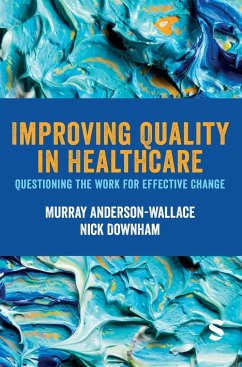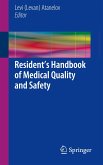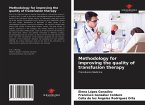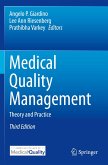This book will provide a welcome critical analysis of Quality Improvement during a period of rapid growth in its usage. The author's insights and experience will help shape how people apply QI tools and encourage deeper thinking about the ideologies and practices that need to be understood before effective change can happen.
Hinweis: Dieser Artikel kann nur an eine deutsche Lieferadresse ausgeliefert werden.
Hinweis: Dieser Artikel kann nur an eine deutsche Lieferadresse ausgeliefert werden.
True to form Murray & Nick invite a critical re-examination of the dominant approaches used in a great deal of improvement work in healthcare. Based on their extensive experience of working in the field over the last 25 years, they argue that many of the current approaches fail to take proper account of organisational and patient context; invite reductionism and the atomisation of complex issues, and ultimately create only an illusion of progress. They promote the use of a framework to "questioning the work , and discuss four interconnected domains to help guide inquiry.
I was particularly drawn towards the chapters on Cultures of Quality and "Supporting the Human System at Work in which they discuss a wide range of issues that impact on safety. They cite a lot of the great work done by Prof Mary Dixon-Woods (often referred to in this newsletter) and the Harmed Patient Alliance work on "compounded harm . Although the book is unashamedly an academic text, it s also pretty accessible, and offers a thoughtful analysis of how to understand some complex issues with case study examples to illustrate their points.
James Titcome OBE email 20240119
I was particularly drawn towards the chapters on Cultures of Quality and "Supporting the Human System at Work in which they discuss a wide range of issues that impact on safety. They cite a lot of the great work done by Prof Mary Dixon-Woods (often referred to in this newsletter) and the Harmed Patient Alliance work on "compounded harm . Although the book is unashamedly an academic text, it s also pretty accessible, and offers a thoughtful analysis of how to understand some complex issues with case study examples to illustrate their points.
James Titcome OBE email 20240119








